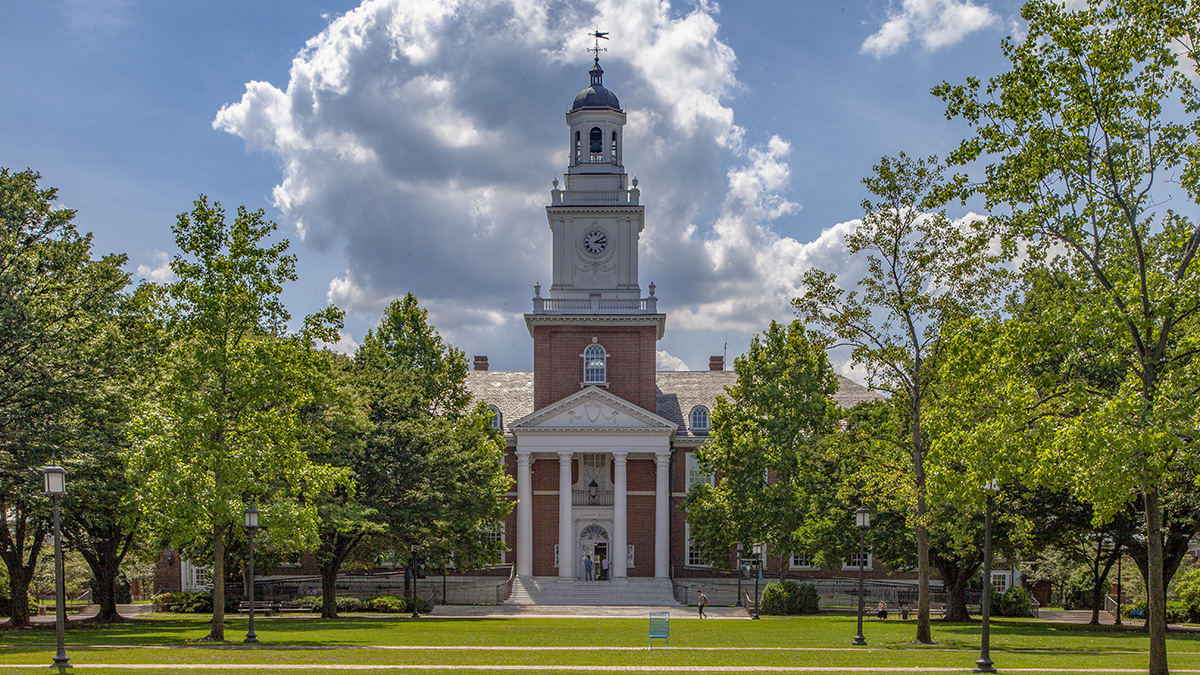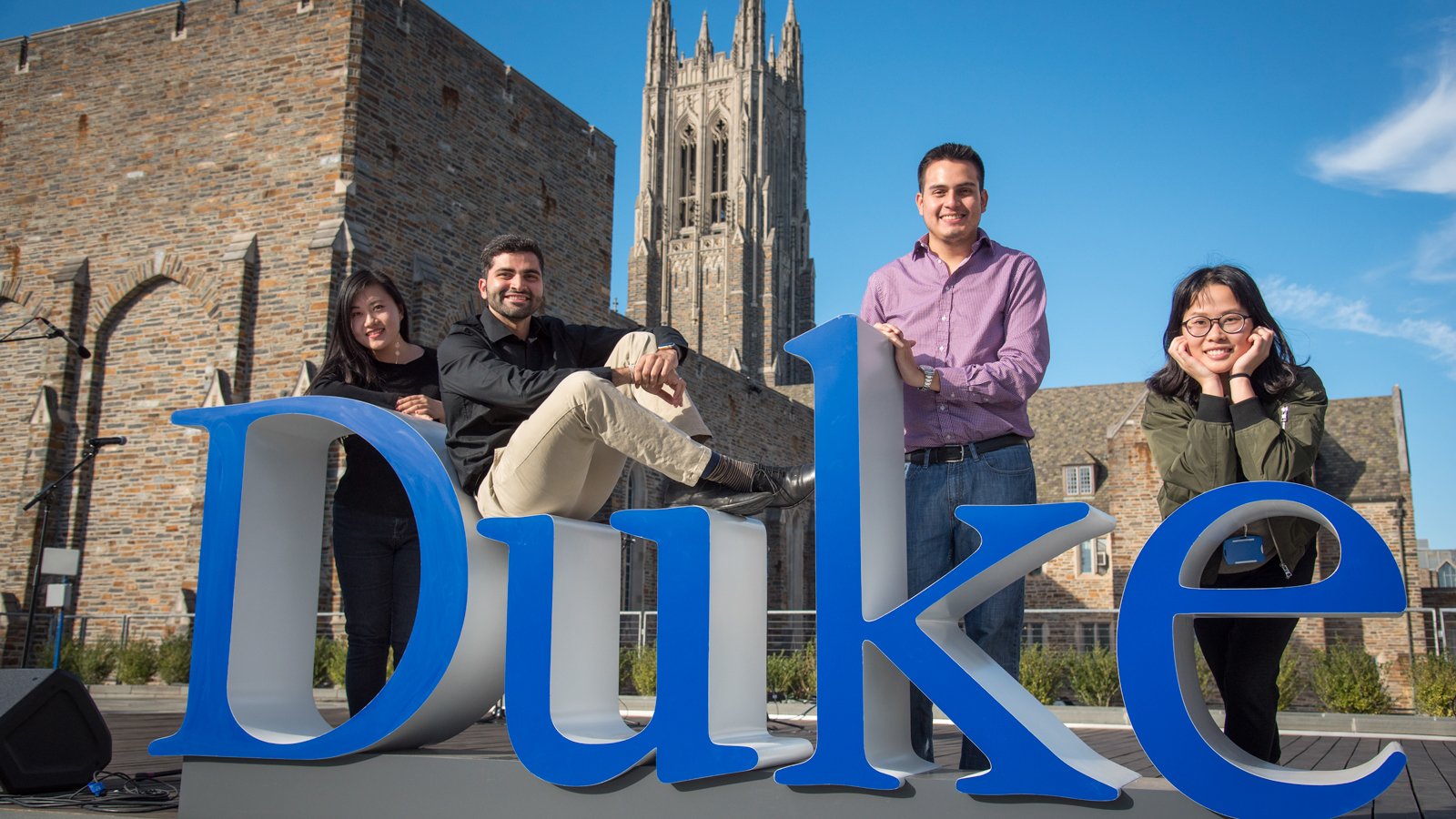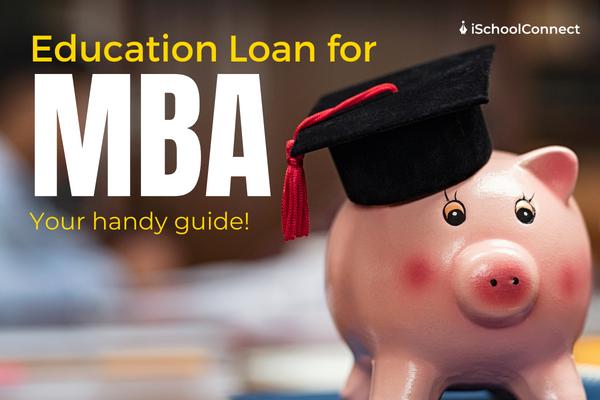 Automated Blog-to-Social Sharing – Publish Once. Appear Everywhere!
Automated Blog-to-Social Sharing – Publish Once. Appear Everywhere!
Pursuing a Bachelor's Degree in the USA: Your Complete Guide to American Higher Education
Written by Sanvi » Updated on: June 17th, 2025

Are you considering pursuing a bachelor's degree in the United States? With over 4,000 colleges and universities across the country, the American higher education system offers unparalleled opportunities for domestic and international students alike. In this comprehensive guide, we'll explore everything you need to know about earning your bachelor's degree in the USA.
Understanding the American Bachelor's Degree System
A bachelor's degree in the USA typically takes four years to complete and requires 120-130 credit hours of coursework. The American education system is known for its flexibility, allowing students to explore different subjects before declaring their major, usually by the end of their sophomore (second) year.
Types of Bachelor's Degrees
The most common bachelor's degrees in the USA include:
- Bachelor of Arts (BA): Focuses on liberal arts, humanities, and social sciences
- Bachelor of Science (BS): Emphasizes scientific and technical fields
- Bachelor of Fine Arts (BFA): Specializes in visual, performing, and fine arts
- Bachelor of Business Administration (BBA): Concentrates on business and management studies
Why Choose the USA for Your Bachelor's Degree?
The United States remains a top destination for higher education due to several key factors:
Academic Excellence
American universities consistently rank among the world's best institutions. Schools like Harvard, MIT, Stanford, and Yale are renowned for their rigorous academic standards and research opportunities. Even lesser-known institutions often offer exceptional education quality and specialized programs.
Diverse Campus Life
American universities pride themselves on creating inclusive environments where students from different cultures, backgrounds, and nationalities can thrive. This diversity enriches the learning experience and helps develop global perspectives crucial in today's interconnected world.
Career Opportunities
A degree from a US institution is highly valued by employers worldwide. Many universities offer extensive career services, internship programs, and networking opportunities that can lead to successful career paths both in the United States and internationally.
Admission Requirements and Application Process
Basic Requirements
Most US universities require:
- High school diploma or equivalent
- Standardized test scores (SAT or ACT)
- English proficiency test scores (TOEFL or IELTS) for international students
- Letters of recommendation
- Personal statement or essays
- Extracurricular activities and achievements
Application Timeline
The typical application cycle begins in the fall of the year before intended enrollment. Early decision deadlines usually fall in November, while regular decision applications are due between January and March.
Cost and Financial Considerations
Tuition and Living Expenses
Bachelor's degree costs vary significantly:
- Public universities (in-state): $10,000-$20,000 per year
- Public universities (out-of-state): $25,000-$40,000 per year
- Private universities: $35,000-$60,000+ per year
Additional expenses include housing, meals, textbooks, and health insurance.
Financial Aid Options
Students can access various funding sources:
- Federal financial aid (for US citizens and eligible non-citizens)
- University scholarships and grants
- Private scholarships
- Student loans
- Work-study programs
Making the Most of Your Bachelor's Experience
Academic Success Strategies
- Attend classes regularly and participate actively
- Utilize professor office hours
- Join study groups and academic clubs
- Take advantage of tutoring services
- Maintain a balanced course load
Professional Development
- Complete internships in your field
- Join professional organizations
- Attend career fairs and networking events
- Develop leadership skills through campus activities
- Build relationships with professors and industry professionals
Conclusion
Pursuing a bachelor's degree in the USA offers a unique blend of academic excellence, cultural diversity, and professional opportunities. While the application process and financial considerations may seem daunting, the long-term benefits of an American education often outweigh the initial challenges. With careful planning and preparation, you can join the millions of students who have successfully earned their degrees from US institutions and launched rewarding careers worldwide.
Note: IndiBlogHub features both user-submitted and editorial content. We do not verify third-party contributions. Read our Disclaimer and Privacy Policyfor details.
Copyright © 2019-2025 IndiBlogHub.com. All rights reserved. Hosted on DigitalOcean for fast, reliable performance.
















